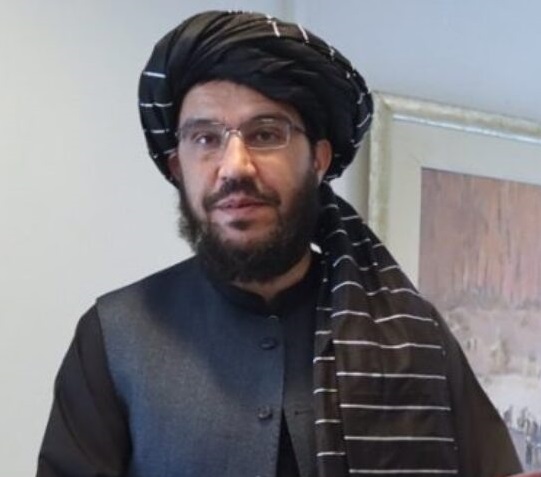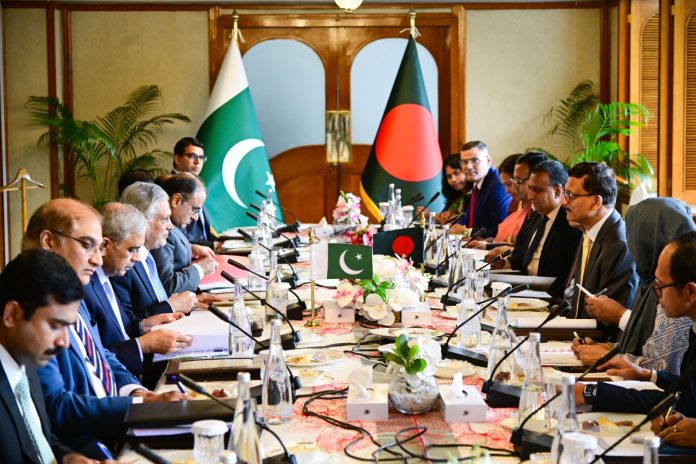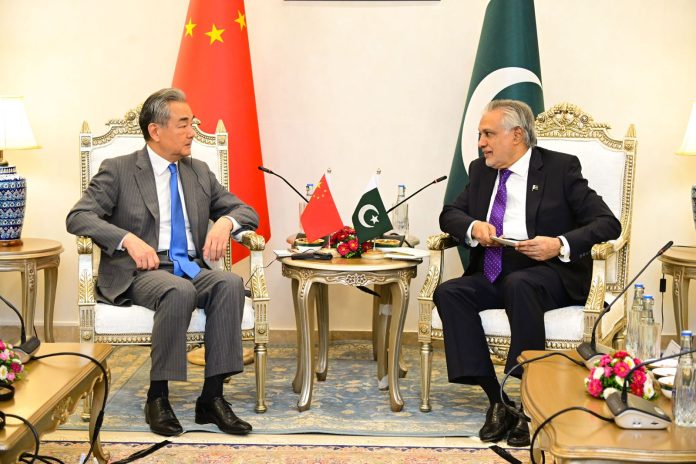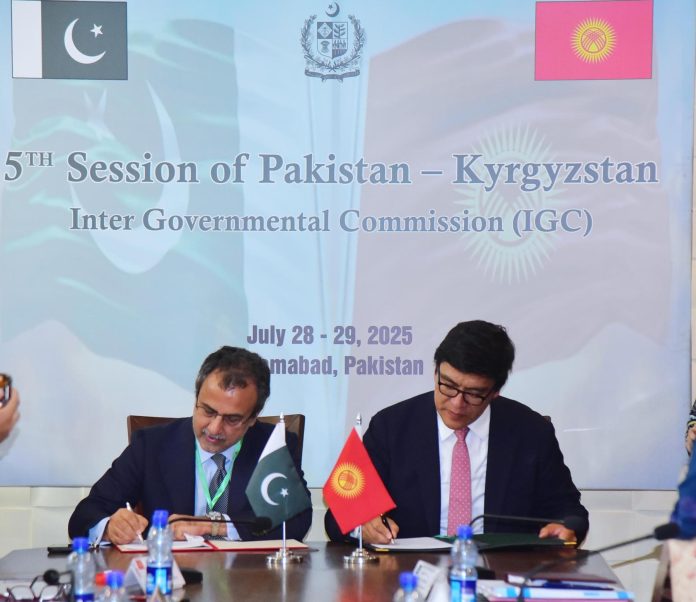
Afghanistan Firmly Opposes Non-State Actors, Afghan Chargé d’Affaires
- Diplomatic News
- October 29, 2024
- No Comment
Afghanistan’s Chargé d’Affaires in Pakistan, Maulvi Sardar Ahmad Shakeeb, has addressed concerns surrounding cross-border issues, affirming that while some elements may infiltrate Pakistan, this activity is not aligned with Afghan policy. Speaking at a seminar titled *“Strengthening Economic Relations in Pakistan, Afghanistan, and Central Asia,”* organized by the Institute of Regional Studies, Shakeeb emphasized the presence of communication channels between the two countries, though there is currently no high-level dialogue underway.
Addressing accusations of Afghan soil being used for hostile activities against Pakistan, Shakeeb strongly denied such claims. “These allegations are unfounded; Afghanistan does not allow its land to be used against any country,” he stated, acknowledging, however, that cross-border intrusions do occur but are beyond Afghan control. “Border infiltrations are not a new issue, and even if we aimed to fully control it, it would be nearly impossible,” he remarked.
Shakeeb clarified Afghanistan’s stance on militancy, stating that “no Afghan comes here to carry out terrorism, nor is any Afghan permitted to wage jihad in neighboring countries.” He highlighted the nation’s consistent issuance of fatwas to dissuade its citizens from such actions.
On the economic front, Shakeeb pointed out challenges impacting trade and investment between Afghanistan and Pakistan, noting obstacles such as frequent border closures, extensive vehicle checks, and customs issues at border crossings. He argued that diplomatic negotiations are vital for sustainable economic relations and suggested that Afghanistan could serve as a significant transit corridor between Central and South Asia.
Commenting on Pakistan’s new *One Document Regime* for border regulations, Shakeeb expressed Afghanistan’s commitment to compliance, though he acknowledged that these policies sometimes complicate matters for those on both sides of the border. He stressed the need to decouple trade and transit from political issues to ease bilateral trade, voicing optimism that commercial routes like Chaman and Spin Boldak would strengthen mutual ties in the long run.







